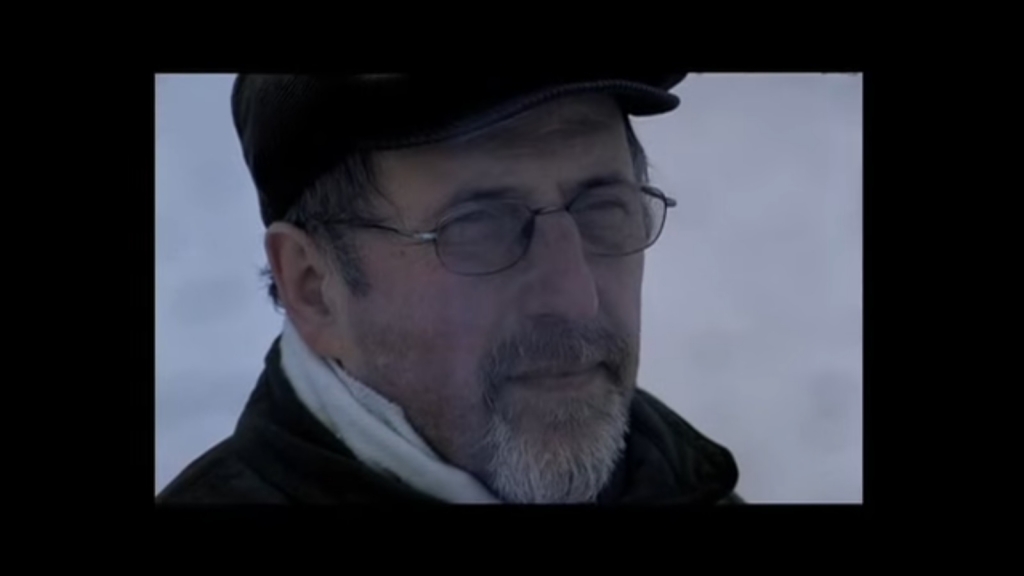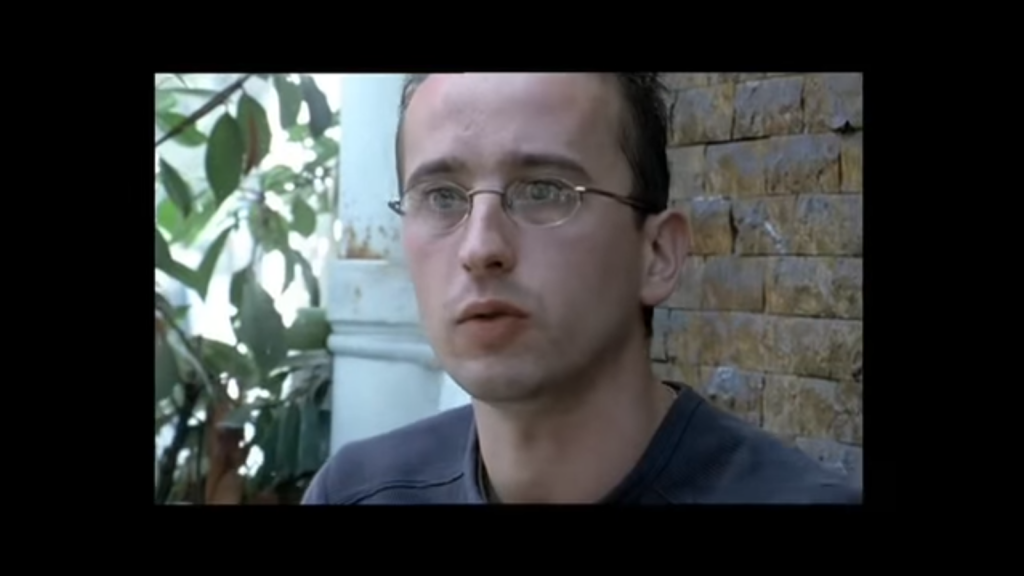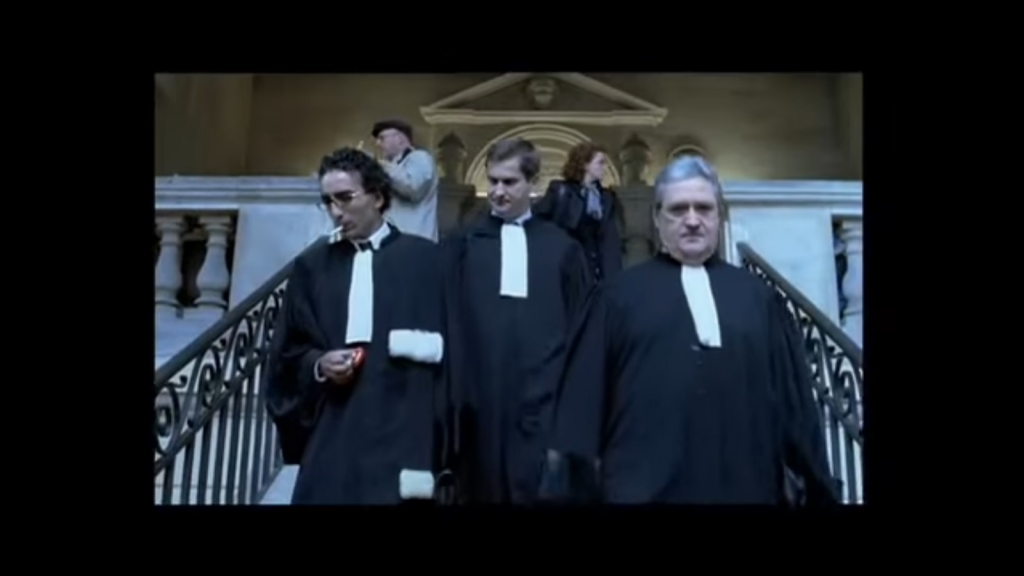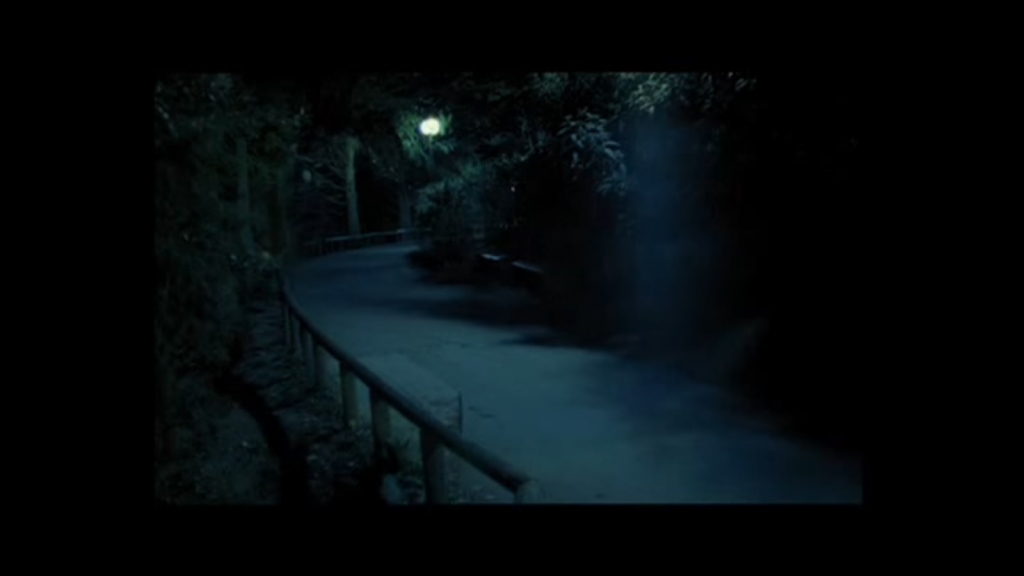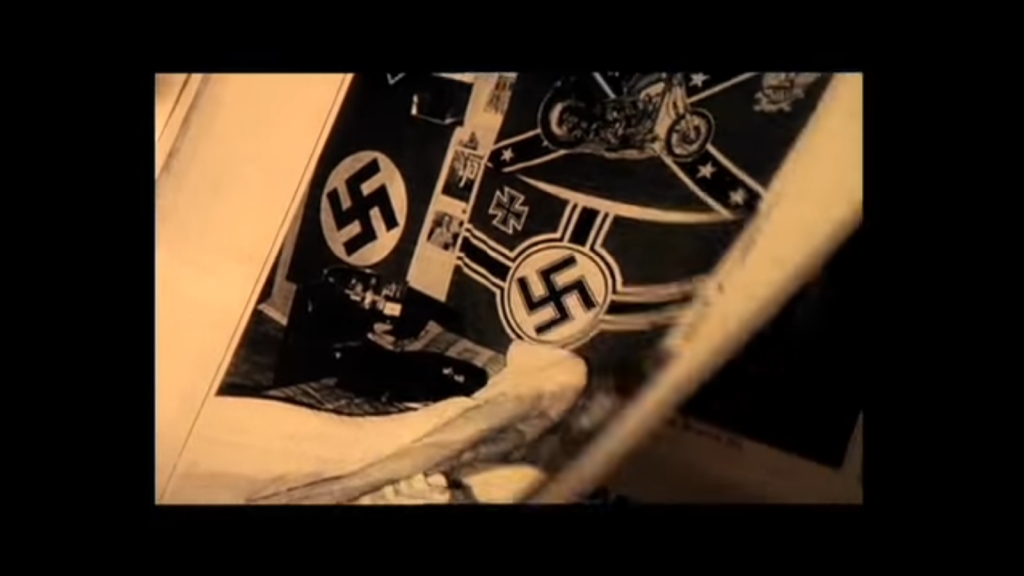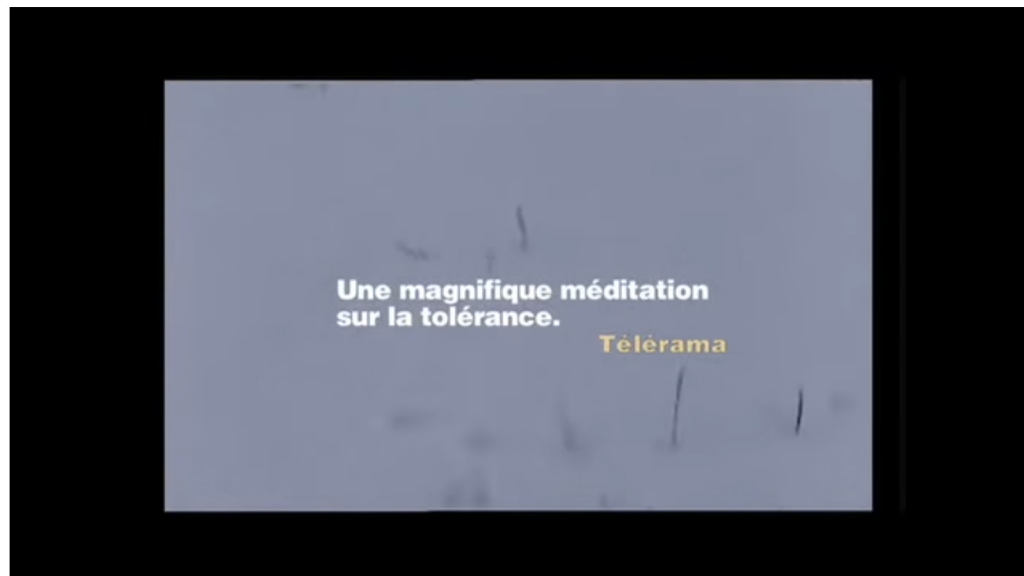Au-delà de la haine
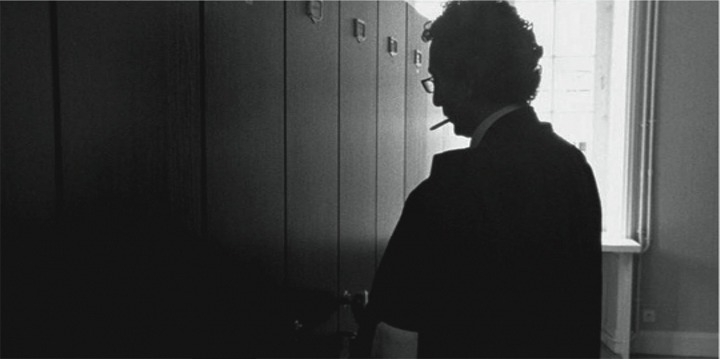
Synopsis
Because the twenty-nine-year-old François Chenu openly showed his homosexuality, he was killed on the night of September 13, 2002 in a park in Reims, France by three skinheads. François' parents are trying to process their grief and are still committed to tolerance and respect for those who think differently.
About the film
"On a September night in 2002, three skinheads roam a park in Reims. They actually want to target an Arab. But they meet a homosexual and attack him. The 29-year-old François Chenu defends himself, describes his attackers as cowards, they beat him up, seriously injured, he drowns in a nearby pond, and his murderers are quickly arrested, Olivier Meyrou didn't want to make a documentary about homophobia, but a universal film about tolerance and intolerance. The result remains in your memory for a long time. The people portrayed in the film speak with dignity: François' parents, his brothers and sisters, the family lawyer. One gets the impression that Olivier Meyrou puts himself in the minds of the people he films.He takes the time to speak to those involved in the trial and notes how the family and how they behave towards the killers change in the course of the trial. Seldom has such a humanistic film been seen on such a complex subject: hatred and the need for justice and forgiveness. "(Vincent Josse, www.radiofrance.fr)
Interview with the director
Question: How did you get interested in this story?
Olivier Meyrou: I actually wanted to make a film about homophobia, an attitude that is common around the world. In September 2002, I heard about François Chenu's murder. I chose this drama as a starting point to take a closer look at French society. I contacted defense lawyers and plaintiffs. First, I wanted to use the story of the three defendants to make it clear how the mechanisms of hatred work. However, last June François' parents agreed to meet with me. It is thanks to you and your grieving work that the film has found its current form.
Question: How did the Chenus agree to speak in front of the camera?
OM: We had previously worked with François' family, and I visited them often. Later we recorded some interviews on tape. The filming - we were shooting on nineteen days over a period of six months - took place later. My film is primarily the result of an eighteen month rapprochement.
Question: How do you explain the development of this family and the fact that their relatives can forgive the perpetrators?
OM: Each member of this family had to deal with the pain of losing François in their own way. Marie-Cécile, who cares for hospital patients, couldn't bear the thought that her son died alone. One day Jean-Paul, a special education teacher, realized that the pain of losing his eldest son put him in danger of losing his belief in human values and courage to live. At a
key moment in the film, Marie-Cécile says that it would be much easier for her to keep hatred and violence within. (...) The Chenu family is concerned not to give up the committed lifestyle, which they always had, despite the pain.
Question: Do you think that the letter the parents wrote to the accused will change them?
OM: It is too early to finally answer this question. After all, two of the three defendants have already answered the parents. The third one will do it. The minor of the three perpetrators begins to understand what he has done; So far, homosexual François was something abstract for him. The oldest and instigator of the three wrote in his letter to the parents about the courage of his victim and his desire to be as brave as François Chenu.
Anne-Laure Fournier, www.france5.fr
Details
-
Länge
86 min -
Land
Frankreich -
Vorführungsjahr
2006 -
Herstellungsjahr
2005 -
Regie
Olivier Meyrou -
Mitwirkende
-
Produktionsfirma
Hold Up Films, Paris; Miss Luna Films, Boulogne; France 5, France 2, CNC. -
Berlinale Sektion
Forum -
Berlinale Kategorie
Dokumentar-, Essay Film -
Teddy Award Gewinner
Best Documentary/ Essay Film
Bilder aus dem Film
Biografie Olivier Meyrou
Born on February 19, 1966 in Antony, France. He studied literature and communication science before attending the Femis film school in Paris and later the Tisch School of the Arts in New York. Since then he has been making documentaries. He also worked as an assistant director at the opera. His film AU-DELA DE LA HAINE, about the murder of three skinheads of a homosexual, received the Teddy Award at the Berlinale 2006.
Filmografie Olivier Meyrou
2009 L'avocat du diable | 2011 Acrobat
